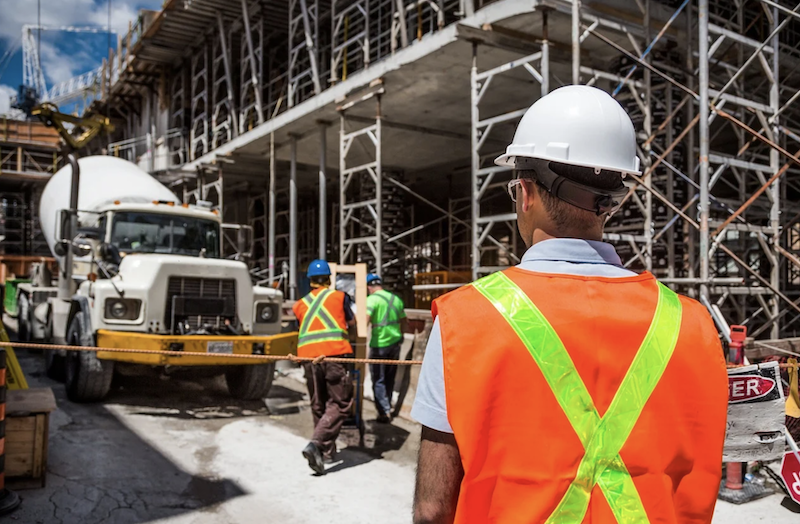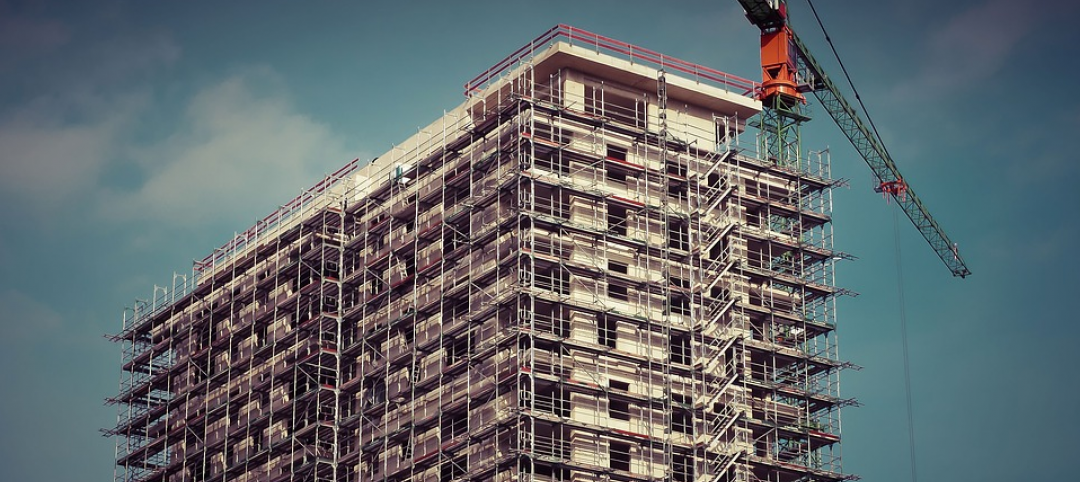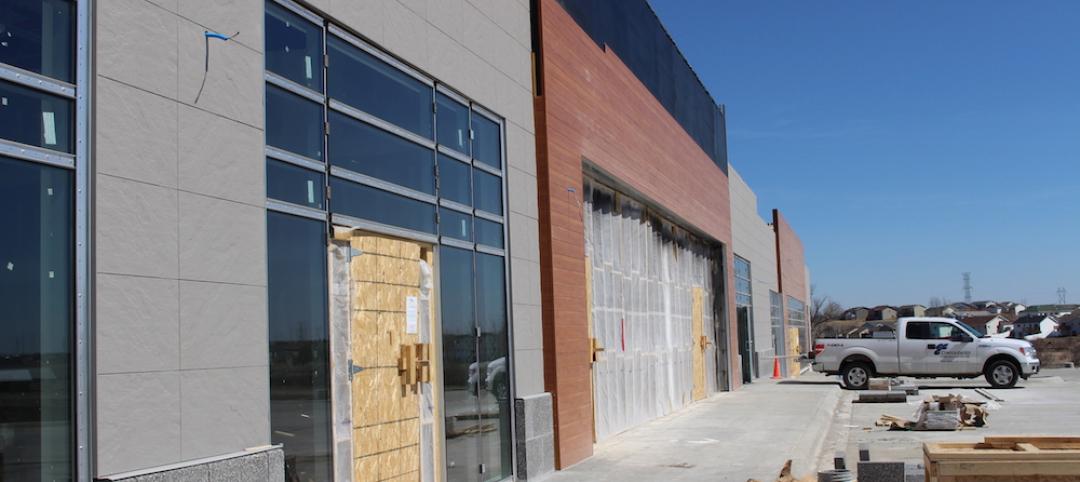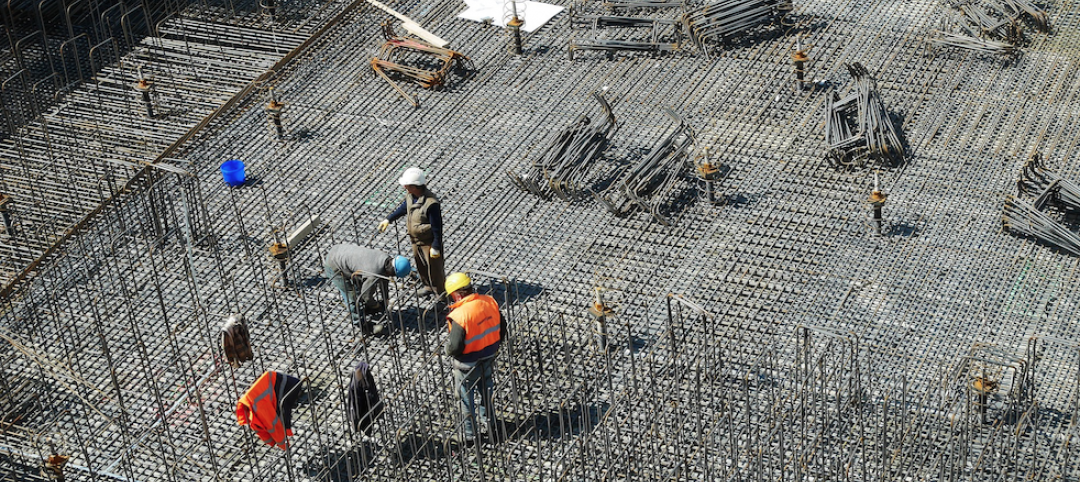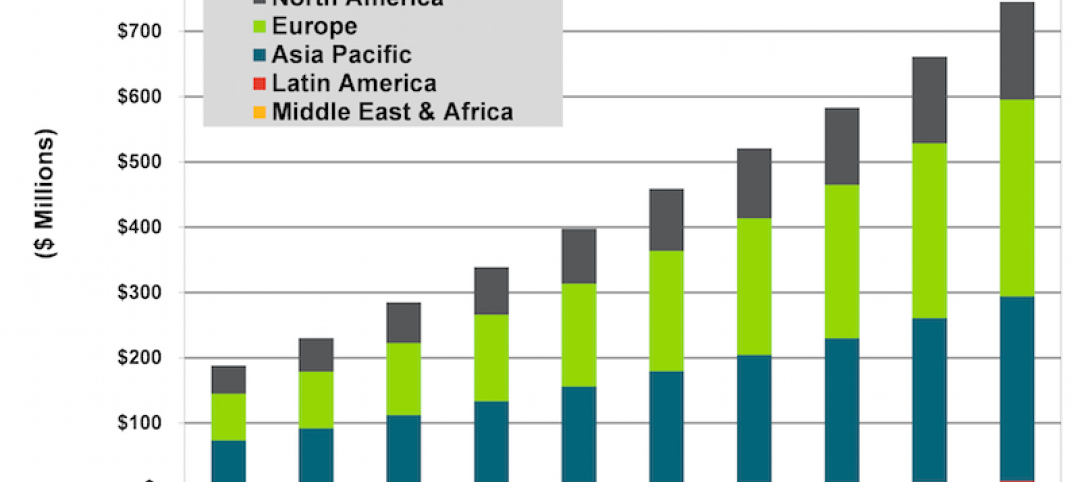Construction employment in October remained depressed compared to pre-pandemic levels in three-fourths of states despite the fact 36 states and D.C. added new construction jobs in October, according to an analysis by the Associated General Contractors of America of government employment data released today. Association officials added that demand for most types of nonresidential projects remains weak amid pandemic-related uncertainty and urged federal officials to enact a new round of coronavirus recovery measures.
“An increasing number of nonresidential contractors are experiencing cancellations that are forcing them to lay off workers,” said Ken Simonson, the association’s chief economist. “Although single-family homebuilding and remodeling contractors are adding workers, most states are likely to have a net loss of construction workers soon, especially from high-paying, nonresidential jobs.”
Seasonally adjusted construction employment in October was lower than in February—the last month before the pandemic forced many contractors to suspend work—in 37 states, Simonson noted. New York lost the most construction jobs over that span (-41,600 jobs or -10.1%), closely followed by Texas (-41,500 jobs, -5.2%). Vermont had the largest percentage loss (-21.8%, -3,200 jobs), followed by North Dakota (-13.2%, -3,900 jobs).
Only thirteen states and the District of Columbia added construction jobs from February to October. Virginia added the most (7,100 jobs, 3.5%), followed by Kentucky (4,300 jobs, 5.4%) and Alabama (4,300 jobs, 4.5%). South Dakota posted the largest percentage gain (9.4%, 2,300 jobs), followed by Kentucky.
Construction employment decreased from September to October in 12 states, increased in 36 states and D.C., and was unchanged in South Dakota and Utah. Maryland shed the most construction jobs from September to October (-2,600 jobs or -1.4%), followed by Georgia (-1,800 jobs, -0.9%). Maryland also had the largest percentage decrease, followed by Delaware (-1.4%, -300 jobs).
California added the most construction jobs over the month (26,300 jobs, 3.1%), followed by Texas (9,400 jobs, 1.3%). Alaska had the largest percentage gain for the month (10.1%, 1,500 jobs), followed by Iowa (7.0%, 4,700 jobs).
Association officials urged members of Congress to craft a new series of coronavirus relief measures to help offset declining demand for most types of nonresidential construction. Those measures must include new infrastructure investments, liability reforms to protect honest firms from unwarranted pandemic lawsuits and an extension of, and new flexibility for, measures like the Paycheck Protection Program. They also urged Congress to ensure the current administration does not move forward with its plans to tax firms that used Paycheck Protection Program loans to protect essential construction jobs.
“With the pandemic raging again in most parts of the country, countless construction jobs are at risk as owners cancel or delay construction projects amid uncertainty about the future,” said Stephen E. Sandherr, the association’s chief executive officer. “Enacting needed new recovery measures now will help protect many good-paying construction careers during what will likely be a difficult winter for the economy.”
View state employment February-October data and rankings; and September-October rankings.
Related Stories
Market Data | Jun 14, 2016
Transwestern: Market fundamentals and global stimulus driving economic growth
A new report from commercial real estate firm Transwestern indicates steady progress for the U.S. economy. Consistent job gains, wage growth, and consumer spending have offset declining corporate profits, and global stimulus plans appear to be effective.
Market Data | Jun 7, 2016
Global construction disputes took longer to resolve in 2015
The good news: the length and value of disputes in the U.S. fell last year, according to latest Arcadis report.
Market Data | Jun 3, 2016
JLL report: Retail renovation drives construction growth in 2016
Retail construction projects were up nearly 25% year-over-year, and the industrial and office construction sectors fared well, too. Economic uncertainty looms over everything, however.
Market Data | Jun 2, 2016
ABC: Nonresidential construction spending down in April
Lower building material prices, a sluggish U.S. economy, and hesitation among private developers all factor into the 2.1% drop.
Market Data | May 20, 2016
Report: Urban area population growth slows
Older Millennials are looking to buy homes and move away to more affordable suburbs and exurbs.
Market Data | May 17, 2016
Modest growth for AIA’s Architecture Billings Index in April
The American Institute of Architects reported the April ABI score was 50.6, down from the mark of 51.9 in the previous month. This score still reflects an increase in design services.
Market Data | Apr 29, 2016
ABC: Quarterly GDP growth slowest in two years
Bureau of Economic Analysis data indicates that the U.S. output is barely growing and that nonresidential investment is down.
Market Data | Apr 20, 2016
AIA: Architecture Billings Index ends first quarter on upswing
The multi-family residential sector fared the best. The Midwest was the only U.S. region that didn't see an increase in billings.
Building Technology | Apr 11, 2016
A nascent commercial wireless sensor market is poised to ascend in the next decade
Europe and Asia will propel that growth, according to a new report from Navigant.
Industry Research | Apr 7, 2016
CBRE provides latest insight into healthcare real estate investors’ strategies
Survey respondents are targeting smaller acquisitions, at a time when market cap rates are narrowing for different product types.


